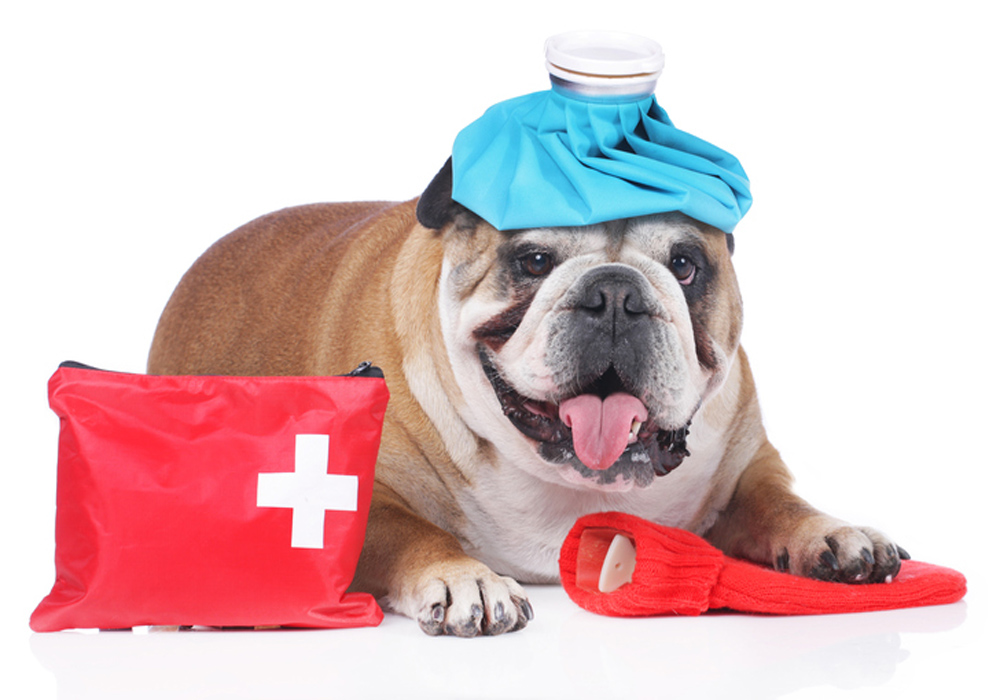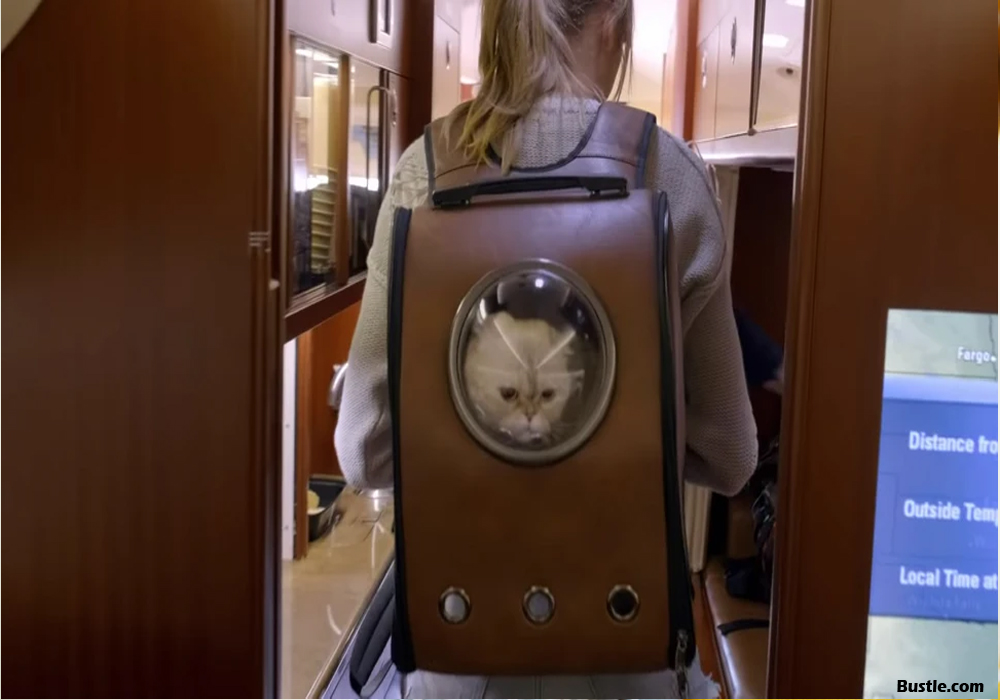
Pet owners who live in rural areas may not have quick or easy access to veterinary care, so it is essential to have a pet first aid kit on hand. However, even if you live in a busy city with 24hr veterinary care available, it is wise to ensure that you can offer emergency first aid for your pet.
What Should a Pet First Aid Kit Contain?
As you may already know, it is possible to obtain commercially produced pet first aid kits that contain all of the necessary equipment. Alternatively, you may prefer to make up your own kit that caters to specific medical needs of your pet, for example if he, or she, has a severe allergy or is diabetic. In either case, it is important to regularly check the expiration dates on all products and ensure that you replace any item that has passed its expiration.
Consequently, you may find it helpful to buy a prepacked first aid kit and replace with products of your choice as the expiration of items passes. When buying or making your own first aid kit, here are just some of the items that should be included:
- Scissors
- Tweezers
- A small syringe
- A bulb syringe
- Eye dropper
- Latex or rubber gloves
- Thermometer
- Safety razor
- Comb
- Nail clippers
In addition, if your pet has sustained a wound or has suffered an insect bite which has become infected, the following items are necessary for cleaning and dressing scratches, bites and wounds:
- Paper towels
- Sterile gauze
- Cotton wool balls
- A clean cotton bath towel
- Qtips or cotton buds
- Antibacterial wipes
- Saline solution
Additional First Aid Measures
Of course, another common problem that pet owners face is the danger of poisoning, which can be caused by a number of common household products, garden plants and other widely used substances that are toxic to pets. Therefore, it is a good idea to ensure that any pet first aid kit contains hydrogen peroxide, which is used to induce vomiting, and charcoal tablets, which are used to absorb toxins. Obviously, both hydrogen peroxide and charcoal tablets should only be used as instructed and only when your pet has ingested a toxin.
In addition, it is advisable to have a book on basic emergency veterinary medicine to help guide you through any sudden illness or injury. Even if you have good access to veterinary care, it is wise to bear in mind that basic first aid knowledge could save your pet’s life in an emergency. Therefore, it is recommended that all pet owners arm themselves with as much knowledge about the physiology and potential health problems of their chosen animal as possible.
Always Contact Your Vet
However, one thing that should always be borne in mind is this: under no circumstances should pet first aid be seen as an alternative to professional veterinary help. If your pet has suddenly become ill or has suffered an injury, it is imperative that you get him, or her, to a vet at the earliest opportunity. Remember, first aid is just that, the first step in treatment. Moreover, if you are unable to diagnose your pet’s condition or you are ill at ease providing treatment, it is wise to seek professional assistance (even if it is just from a vet’s emergency helpline) before attempting to administer any kind of first aid.





